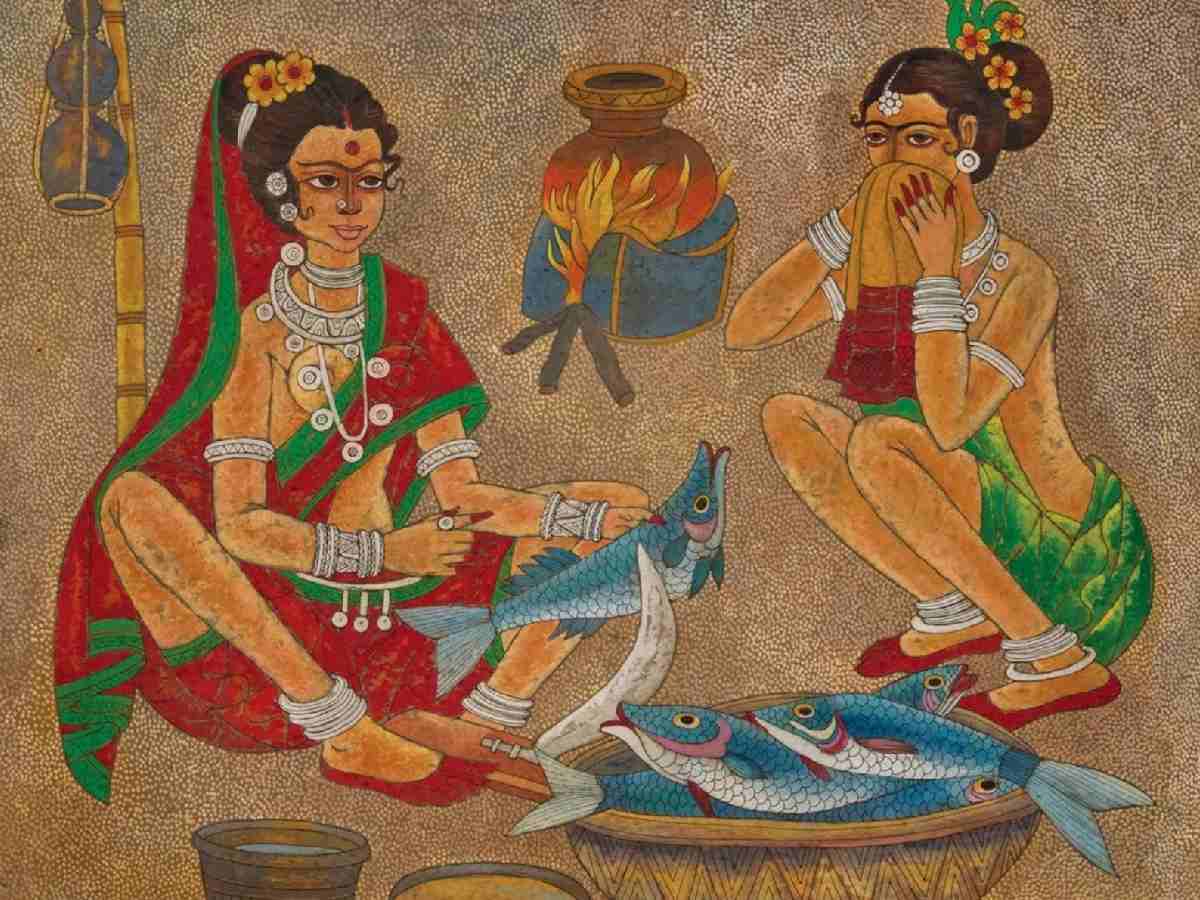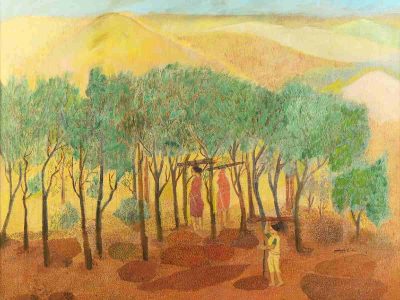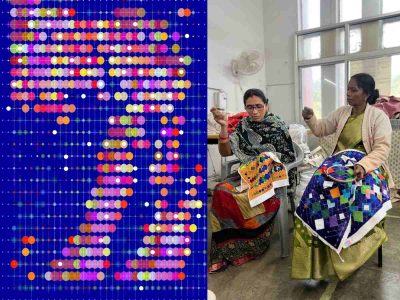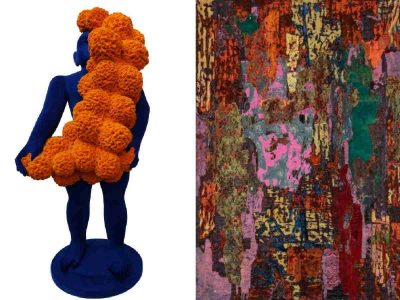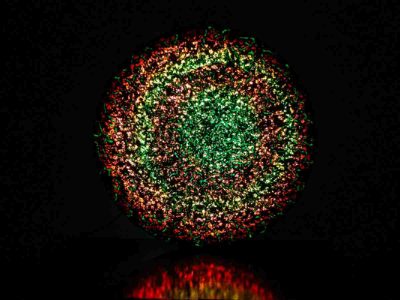Great Banyan Art will present a major exhibition titled Paper Alchemy: Tracing Memories Through Time at Bikaner House, later this month. The show will feature over 100 rare and important works on paper, dating from the 18th to the 21st century. It opens to the public from April 26 to 30, with a preview scheduled for the evening of April 25.
This is the first time Great Banyan Art is displaying its private collection of works on paper. The exhibition explores how artists across generations have used paper not just as a surface but as a key medium for storytelling, memory, and experimentation.
The display includes works from several important phases of Indian art history. Among them are Company School paintings from the late 18th and 19th centuries, which show Indian artists adopting European techniques under colonial patronage. The exhibition also features paintings from the Bengal School, which emerged in the early 20th century as a response to colonial academic realism, drawing on traditional Indian styles.
Modern Indian art is represented by members of the Progressive Artists’ Group such as M F Husain, F N Souza, and H A Gade, who explored new forms of abstraction and expression in the years following Independence. The exhibition also includes works by contemporary artists like Atul Dodiya, Anju Dodiya, Jagannath Panda, and Rameshwar Broota.
International artists such as Thomas and William Daniell, James Prinsep, and William Hodges are also part of the show, highlighting how paper was a site of exchange between Indian and European artistic traditions.
Also read: Exhibition | ‘Lyrical Landscapes: Watercolours by Bikash Poddar’
Techniques on display range from watercolour, gouache, and tempera to lithography, etching, aquatint, and serigraphy. The exhibition focuses on how paper—a fragile material—has endured as a powerful tool for preserving ideas and emotions across centuries.
Organisers say the aim of the show is to trace how Indian artists have continuously reimagined the possibilities of paper, adapting it to reflect changing cultural, political, and artistic contexts.
When: April 26–30; 11 AM –7 PM
Where: Centre for Contemporary Arts (CCA), Bikaner House, New Delhi

